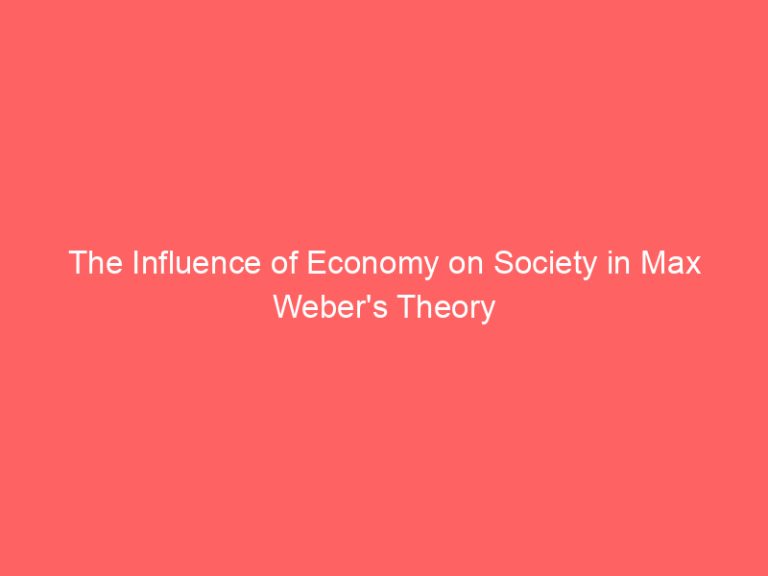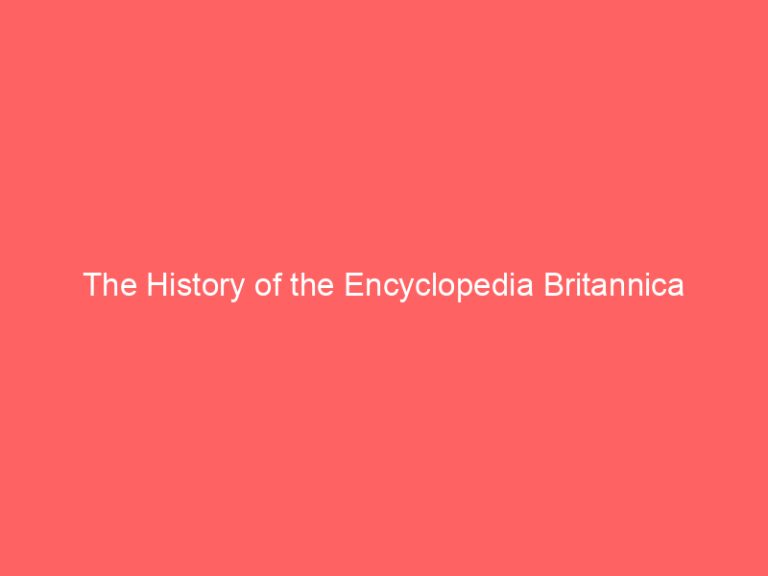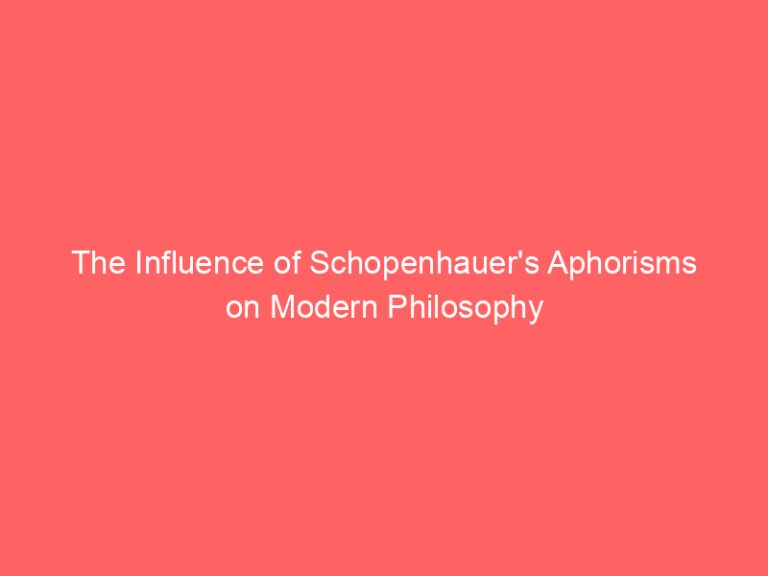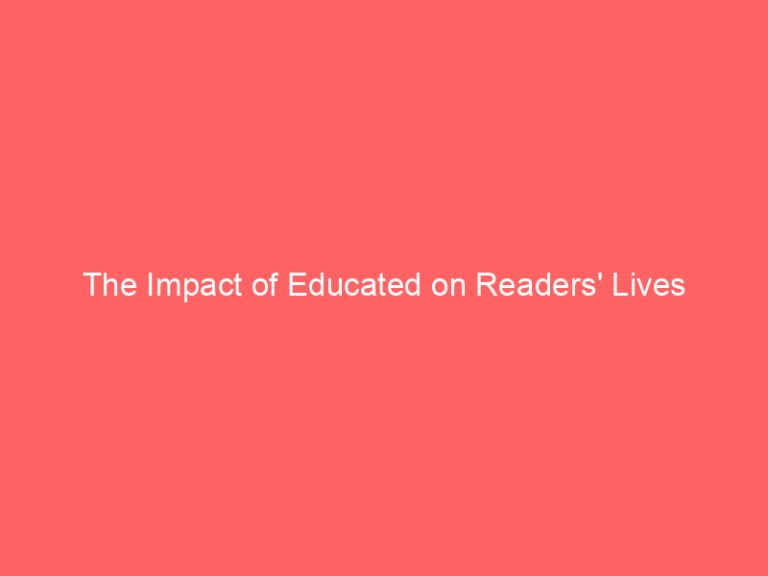The Philosophical Implications of Eichmann in Jerusalem
When I first encountered the phrase "Eichmann in Jerusalem," I was struck by its profound implications for our understanding of evil and human agency. It’s fascinating how a seemingly ordinary bureaucrat became a symbol of moral failure, raising questions about the nature of responsibility in a systemic context. I can’t help but reflect on how ordinary individuals can become complicit in atrocities when societal structures enable such behavior. As I delve into the philosophical reflections surrounding this case, I find myself grappling with the limits of empathy in truly understanding the depths of human depravity. Ultimately, I believe examining Eichmann’s actions forces us to confront uncomfortable truths about guilt, innocence, and our own moral choices.
The Banality of Evil
I’ve often thought about how the term "The Banality of Evil" captures the unsettling notion that ordinary people can commit horrific acts simply by following orders. This idea, rooted in Hannah Arendt’s observations of Adolf Eichmann, raises profound questions about morality and responsibility. As I explore this topic, I’ll delve into its conceptual underpinnings, historical context, modern relevance, and the critiques that have emerged around it.
The Concept Explained
Understanding the concept of the banality of evil reveals how ordinary individuals can become complicit in atrocious actions through a failure to question authority. I’ve seen how easily people can slip into a mindset where they prioritize obedience over morality. It’s chilling to think that Eichmann, an emblem of this phenomenon, wasn’t a monster but rather a bureaucrat who followed orders. I can’t help but reflect on how this applies to contemporary society, where compliance often overshadows ethical considerations. Ultimately, it’s a reminder that each of us has a responsibility to scrutinize actions and decisions, no matter the source.
Historical Context Overview
Historical events surrounding World War II illustrate how systemic structures can enable individuals to participate in atrocities without questioning their actions. I’ve often reflected on how bureaucratic systems allowed people like Eichmann to see themselves as mere cogs in a machine. This detachment from moral responsibility raises unsettling questions about human nature and compliance. I can’t help but wonder how these dynamics played out across various societies during that tumultuous time. As I consider these historical contexts, it becomes crucial to examine their modern relevance today.
Modern Relevance Today
Modern relevance of the Banality of Evil resonates with me as it highlights how everyday individuals can still be complicit in systemic injustices today. I see it in the way people often turn a blind eye to discrimination or exploitation in their workplaces. It makes me question my own role in various social issues and whether I’m doing enough to challenge them. The idea reminds me that inaction can be as harmful as direct participation in wrongdoing. I can’t help but wonder how many of us might unknowingly contribute to a cycle of harm just by adhering to the status quo.
Critiques and Counterarguments
Critiques of the Banality of Evil argue that it oversimplifies complex motivations behind people’s actions, suggesting that not all perpetrators are merely following orders without critical thought. I’ve often found that this perspective challenges the notion of moral disengagement, highlighting the various factors that can influence decision-making. Some argue that it undermines individual accountability, as it may foster a dangerous belief that one can evade responsibility by simply claiming to be a cog in the machine. Additionally, it raises questions about the ethical implications of bureaucratic systems where conformity can lead to inhumane outcomes. This brings us to the critical discussion of moral responsibility in a bureaucratic system.
Moral Responsibility in a Bureaucratic System
In exploring moral responsibility within a bureaucratic system, I can’t help but reflect on how individuals often feel detached from the consequences of their actions. This detachment raises critical questions about moral agency and the ethics of compliance versus action. As I delve into these points, I’m reminded of the profound implications they hold for our understanding of responsibility in such contexts.
Moral Agency in Bureaucracy
Moral agency in bureaucracy often feels like a tightrope walk, and I find myself questioning how much control I really have over my decisions. I often wonder if I’m merely a cog in the machine, following orders without truly considering their impact. It’s challenging to navigate the expectations placed upon me while staying true to my own ethical beliefs. Sometimes, I feel an overwhelming pressure to conform, which complicates my sense of responsibility. In these moments, I grapple with the realization that my choices might not be as free as I’d like to believe.
Ethics of Compliance and Action
I’m often torn between the ethics of compliance and taking action when faced with challenging decisions in a bureaucratic setting. I can see the pressures that come from following orders, yet I know that blindly adhering to rules can lead to harmful outcomes. Sometimes, I find myself questioning whether my inaction contributes to a larger moral failing. In moments of reflection, I wonder if standing up for what’s right is more crucial than maintaining the status quo. Ultimately, I grapple with the weight of my choices and their ripple effects on those around me.
The Nature of Evil and Human Agency
When I think about the nature of evil, it often raises questions about how much control we really have over our actions. It’s intriguing to consider the balance between responsibility and the choices we make, especially in extreme circumstances. This leads me to explore the concept of evil and the implications of human agency in our moral decisions.
The Concept of Evil
The concept of evil fascinates me because it challenges my understanding of human nature and the complexities behind our actions. I’ve often found myself pondering whether evil is inherent or a product of circumstance. It’s unsettling to think that ordinary people can commit atrocious acts under certain conditions. I can’t help but wonder about the moral responsibility we carry when faced with such choices. In grappling with these thoughts, I realize that the line between good and evil can sometimes blur in the most unexpected ways.
Responsibility and Human Choices
Navigating responsibility in my choices feels like a constant challenge, especially when faced with difficult situations. I often find myself questioning how much control I truly have over my actions. It’s easy to blame external factors when the weight of a decision feels overwhelming. At times, I wonder if I’m just a product of my circumstances, or if I can actively shape my moral path. Ultimately, I realize that grappling with these questions is part of what it means to be human.
Ethical Implications of Ordinary Individuals
When I think about the ethical implications of ordinary individuals, it strikes me how easy it is to overlook our own moral responsibilities. The concept of complicity in systematic evil becomes unsettlingly real when I consider my own choices and actions. It’s a stark reminder that the banality of evil can manifest in everyday life, prompting me to reflect on the ethical choices we all face in society.
Moral Responsibility of Individuals
Moral responsibility often weighs heavily on my conscience, reminding me that my actions can significantly impact others. I can’t help but feel the burden of accountability for the choices I make daily. It’s unsettling to think how my inaction could contribute to a larger issue, even if I believe I’m just an ordinary person. I realize that every small decision can ripple through the lives of those around me. Ultimately, I know that I must remain vigilant in recognizing my role in the moral fabric of society.
Complicity in Systematic Evil
Complicity in systematic evil often makes me question my own role in perpetuating harmful systems. I can’t help but wonder how my inaction contributes to the larger narrative of injustice. Each day, I face choices that can either challenge or reinforce these systems. It’s uncomfortable to acknowledge that even small decisions can have significant implications. This realization leads me to ponder the banality of evil and how it quietly infiltrates our lives.
The Banality of Evil
Reflecting on the banality of evil, I realize how easily I can become complacent in the face of wrongdoing. I often find myself justifying inaction, thinking it’s not my place to intervene. It’s unsettling to consider how ordinary individuals can contribute to a larger system of harm through silence. I’ve caught myself turning a blind eye to injustices, convincing myself they’re not my concern. This realization pushes me to confront my own ethical responsibilities and to act instead of remaining passive.
Ethical Choices in Society
I often find myself questioning the ethical choices I make in society and how they impact those around me. I can’t help but wonder if my actions contribute to a greater good or perpetuate harm. Sometimes, it feels overwhelming to navigate the gray areas of right and wrong. I realize that even small decisions can ripple out and affect countless lives. Ultimately, I strive to be more conscious of my choices and their implications.
Judgment and the Role of the Observer
When I think about judgment, it’s clear that the observer plays a crucial role in shaping how we perceive actions and moral choices. Our perspectives can significantly influence our understanding and evaluation of events, making it essential to consider the ethical responsibilities that come with observation. As I delve deeper into this topic, I’m drawn to the impacts that a shift in perspective can have on our judgments and the broader implications of those changes.
The Nature of Judgment
The nature of judgment often feels subjective, shaped by personal experiences and societal influences. I find myself questioning how my background affects my views on right and wrong. Sometimes, I see others making snap judgments that seem unfair or uninformed. It’s interesting to consider how collective beliefs can distort individual understanding. I can’t help but wonder if true objectivity is ever really attainable in our judgments.
Observer’s Influence on Judgment
An observer’s biases can dramatically alter how judgments are formed, affecting the fairness of evaluations in complex situations. I often find myself reflecting on how my own experiences shape my perceptions. When I witness an event, my background can cloud my understanding, leading to potentially skewed conclusions. It’s unsettling to think that my judgments might not be as objective as I’d like to believe. This realization brings me to consider the ethical responsibility of observers in ensuring fairness and integrity in their assessments.
Ethical Responsibility of Observers
Understanding ethical responsibility as an observer means recognizing how my actions and choices can impact others in significant ways. I’ve realized that my interpretations can either uphold or challenge moral truths. When I witness injustice, I can’t remain silent; my voice matters. I’ve come to understand that inaction can be just as harmful as active participation. Ultimately, I hold the power to influence perceptions, and I must wield that responsibility thoughtfully.
Impacts of Perspective Shift
Shifts in perspective can often lead to a reevaluation of my judgments and the way I interpret others’ actions. I find that when I step into someone else’s shoes, my understanding of their choices can change dramatically. This newfound insight can either soften my initial criticisms or, at times, deepen my discomfort with their decisions. It’s interesting how a slight change in viewpoint can reveal layers of complexity that I hadn’t considered before. However, this brings me to question the limits of empathy in understanding atrocity and whether it can truly bridge the gap between human experiences.
The Limits of Empathy in Understanding Atrocity
I’ve often wondered about how empathy can sometimes fall short in grasping the full scope of atrocity. While it can bridge gaps between experiences, it doesn’t always lead to a deeper understanding of moral responsibility or the complexities faced by perpetrators. As I reflect on historical contexts, I realize that empathy alone isn’t enough to unpack the layers of human behavior during such dark times.
Empathy’s Role in Atrocity
Empathy plays a complex role in how we process and respond to atrocities, and I can’t help but think about its limitations in fostering genuine change. I’ve noticed that while it can evoke strong emotional reactions, it often stops short of prompting action. It’s frustrating to realize that feeling for someone doesn’t always translate into understanding their pain or the systems that perpetuate it. Sometimes, I find myself questioning whether empathy can truly dismantle the structures of injustice. Ultimately, I wonder if we need something more than just empathy to create lasting impact.
Moral Responsibility and Detachment
Moral responsibility often feels distant from the emotional detachment many exhibit in the face of atrocities. I’ve noticed how people can rationalize their actions, distancing themselves from the pain inflicted on others. It’s as if a barrier exists, shielding individuals from the weight of their choices. I can’t help but think that this detachment not only protects the perpetrator but also complicates our understanding of guilt and accountability. This leads me to consider the cognitive dissonance that arises in those who commit such acts.
Cognitive Dissonance in Perpetrators
Cognitive dissonance often leaves perpetrators grappling with conflicting emotions and justifications for their actions. I’ve seen how individuals can rationalize horrific deeds while simultaneously feeling a sense of guilt or shame. This internal struggle often manifests in a desperate attempt to align their beliefs with their actions, creating a mental tug-of-war. It’s fascinating to consider how this dissonance influences their decisions and relationships long after the events have passed. Understanding these psychological dynamics requires delving deeper into the historical context surrounding such atrocities.
Historical Context and Understanding
Historical context plays a crucial role in how I interpret events and understand the actions of individuals involved. I can’t ignore the societal norms and pressures that shaped their decisions during those times. Sometimes, I find myself grappling with the idea that individuals are often products of their environments. It’s frustrating to think that understanding their historical backdrop doesn’t excuse their actions, but it does complicate my judgments. Ultimately, I believe that recognizing these contexts helps me form a more nuanced view of humanity’s capacity for both good and evil.
Philosophical Reflections on Guilt and Innocence
As I ponder the complexities of guilt and innocence, I’m struck by how intertwined they are within the fabric of moral responsibility. The case of Eichmann forces me to confront the unsettling nature of evil and the ways in which it can manifest in ordinary lives. It makes me question the boundaries of innocence and the implications of complicity in collective actions, leading me to explore these themes more deeply.
Moral Responsibility and Agency
My understanding of moral responsibility and agency often feels like a balancing act between personal choices and societal influences. I sometimes find myself grappling with the weight of my decisions in a world shaped by external pressures. It’s frustrating to think about how easily one can slip into complicity without even realizing it. I recognize that acknowledging my agency is crucial, yet it can be daunting when faced with overwhelming societal norms. Ultimately, I’m left questioning how much of my moral compass is truly mine and how much is shaped by the world around me.
The Nature of Evil
The nature of evil fascinates me, revealing how it can lurk in the shadows of everyday life, waiting for the right moment to emerge. I find it chilling to think about how ordinary people can become agents of such darkness, often without realizing it. It’s unsettling to consider the ease with which one can slip into complicity, driven by fear or conformity. This makes me reflect on the subtle ways evil can be normalized in society, blurring the lines of moral judgment. As I explore this further, I can’t help but think about the guilt that arises from these collective actions.
Guilt in Collective Actions
Guilt in collective actions often weighs heavily on me, making me reflect on how individual choices can ripple through a community. I find myself questioning the role I play within larger systems, wondering if my silence contributes to the perpetuation of harm. Each decision I make seems to echo in the lives of others, reminding me that inaction can be just as damaging as overt wrongdoing. It’s a heavy burden to carry, knowing that my participation or lack thereof shapes the moral landscape around me. This leads me to wonder about the nuances of innocence and complicity, and how they intertwine in the context of these collective actions.
Innocence and Complicity
Innocence often feels like a fragile illusion when I consider how easily complicity can creep into our actions and choices. I find myself reflecting on the moments when I’ve turned a blind eye, convincing myself it doesn’t affect me. Each time I choose convenience over conscience, I sense that innocence slipping away. It’s unsettling to realize that I can participate in wrongdoing simply by remaining silent. I can’t help but wonder how often my own innocence is just a facade, masking deeper complicity.
Societal Structures and the Facilitation of Atrocities
When I think about societal structures, I can’t help but see how they can enable atrocities. The influence of authority figures often shapes our perceptions of right and wrong, leading to a chilling normalization of violence. It’s unsettling to realize how easily complicity can become a part of our collective psyche.
Role of Authority Figures
Authority figures often shape what I believe is acceptable behavior, making it easy to overlook the consequences of their actions. I find myself subconsciously adopting their beliefs, even when they lead to harmful outcomes. Sometimes, I question whether I’m truly thinking for myself or just following the crowd. It’s troubling to see how their authority can create a blind spot in my moral judgment. This unchecked influence contributes to a broader normalization of violence in society.
Normalization of Violence
I’ve noticed how easily violence becomes accepted in our daily lives, often brushed off as just a part of the norm. It’s alarming how some people can laugh off aggressive behavior or view it as entertainment. I can’t help but feel that this desensitization dulls our moral compass. When violence is portrayed as a solution in media, it seeps into our consciousness and shapes our reactions. I find it troubling that we often overlook the implications of this acceptance on our society as a whole.
If you’re intrigued by the philosophical discussions surrounding Eichmann in Jerusalem, you might find a fascinating parallel in the exploration of the role of woodcutters in Thomas Bernhard’s work. This analysis delves into the deeper implications of labor and existence, offering a unique perspective that complements your current interests. I highly recommend visiting Our Webpage for an enriching read.





